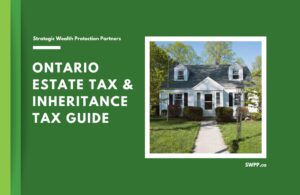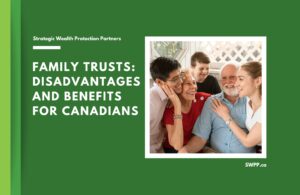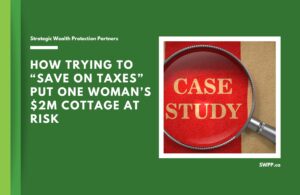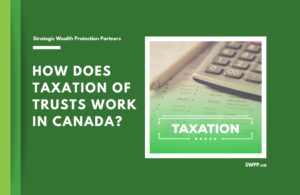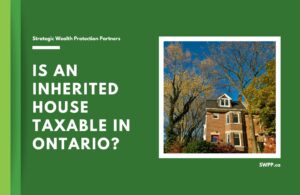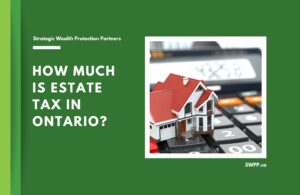
How Much Is Estate Tax in Ontario?
How much is estate tax in Ontario? It’s important to know that while there is no estate tax in Ontario, there are probate fees and capital gains taxes upon death. This can add up to a significant tax hit when someone dies.

